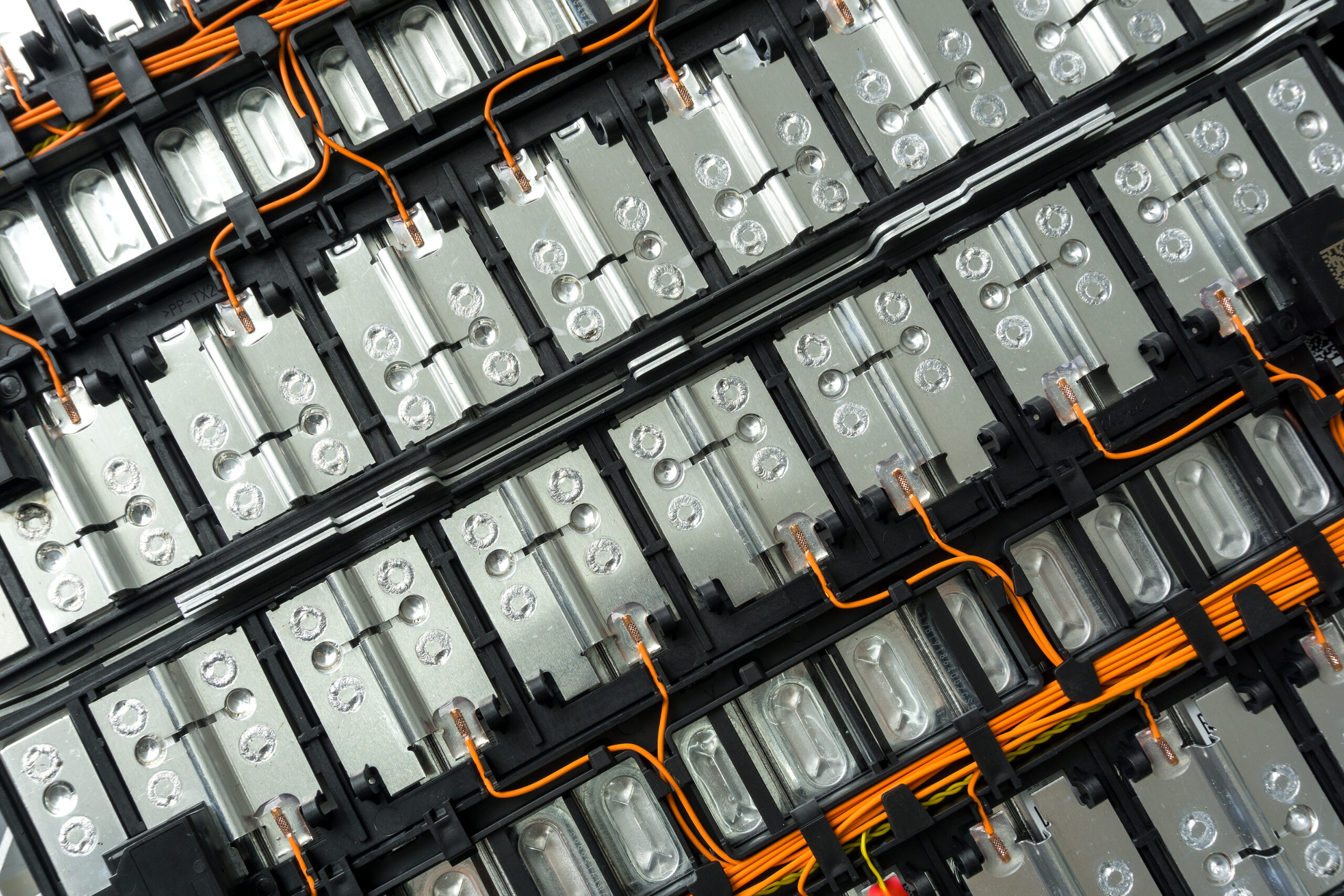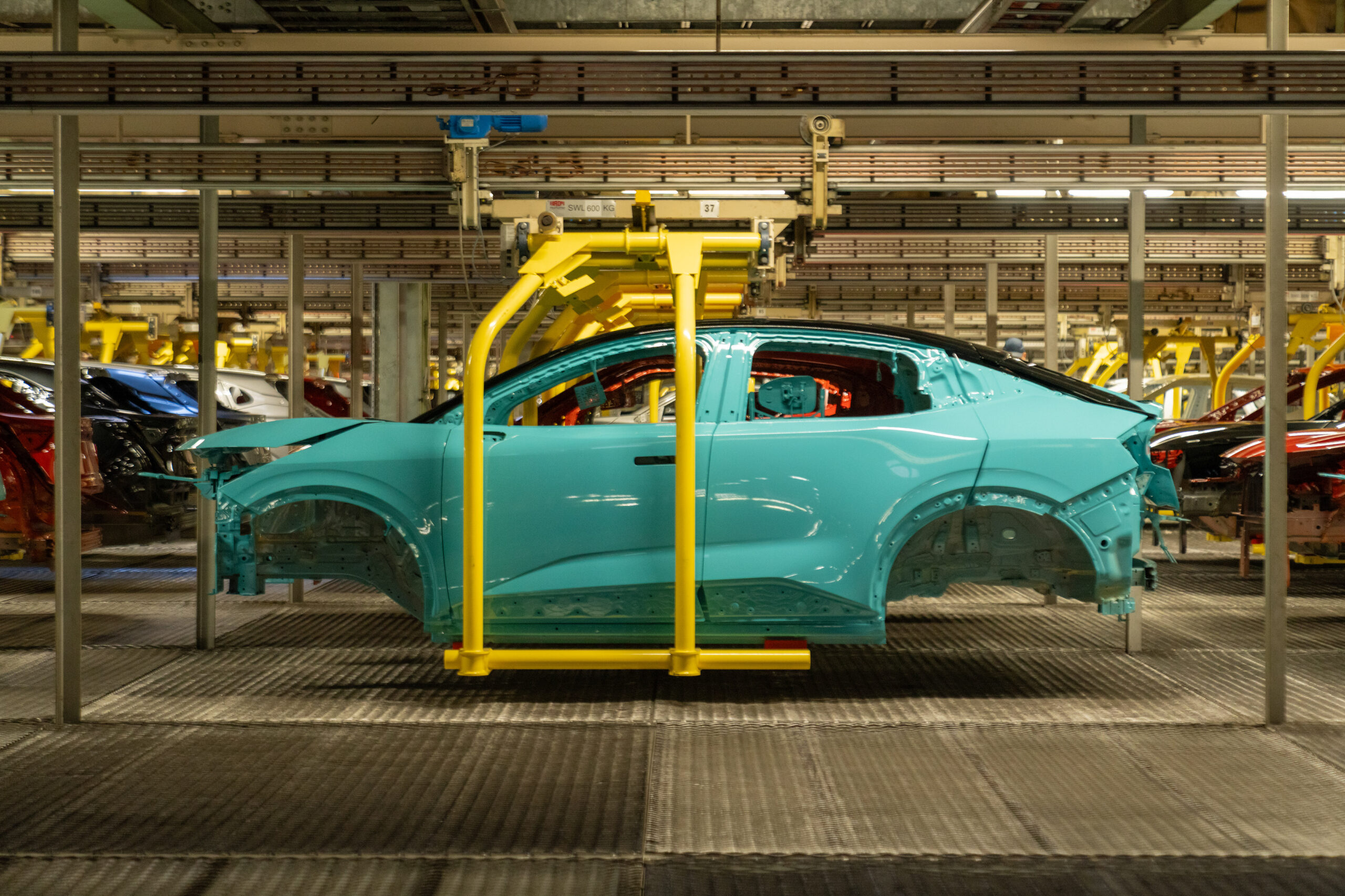

The global automotive sector has faced many periods of challenge over the years, but the current set of circumstances are perhaps the most acute in living memory. Economic uncertainty, low demand, structural changes and trade protectionism have all contributed to a first half decline of -11.9% in British car and commercial vehicle production. It represents the sector’s toughest first half to a year in the past seven decades (excluding Covid shutdowns in 2020) and, while not unexpected, it is a great concern. There are positive signals, however, with rising electrified vehicle output, now accounting for a record four in 10 of all cars built – and 6.6% growth in overall car production in June with some key export markets, crucial to our industry’s success, now stabilising.
The volatility of the past half year can be attributed, to a certain extent, to the punitive tariffs the Trump administration levied on automotive imports into the US. Automotive nations have since been clamouring to secure trade deals to mitigate these (and other) tariffs, so the fact that the UK was the first to secure – and now implement – a deal is a notable diplomatic success. The impact on UK production volumes – up in March, down in April and May, and increasing again in June – are evidence of the importance of the deal.
Added to that has been the UK-India trade agreement, signed this week and a significant step that partially liberalises the Indian automotive market for the first time. While it is a highly complex deal and includes some inevitable compromise, once the deal is implemented it will provide commercial opportunities for UK auto makers to access the growing Indian market at vastly reduced tariffs – including for ICE vehicles from day one and electrified vehicles and parts in the longer term.
These developments provide confidence and, combined with other recent announcements such as the new Industrial and Trade Strategies, DRIVE35 programme and support for EV uptake and infrastructure, are the foundations on which we can build a recovery. The latest outlook reflects that, suggesting the current production levels are the nadir and forecasting a 6.3% rebound in 2026 and further growth to 875,000 units by the decade’s end.
In a fiercely competitive global environment, however, guaranteeing longer term growth depends on restoring the UK’s competitive edge with rapid delivery of that automotive programme and wider measures in the Industrial Strategy to reduce energy costs, accelerate infrastructure rollout and address skills gaps.
Despite the challenges, the UK remains a world-leading high-value manufacturer, delivering £16 billion in revenue this year and attracting almost £1.8 billion worth of investment across the UK, in Crewe, the Midlands, Northern Ireland and Sunderland, with new vehicle models on the way.
With a focus now on successful delivery, the UK can return to the top 15 global auto manufacturing locations, providing an additional £50 billion economic windfall in the process.
SMMT Update
Sign up to the SMMT Update Newsletter for weekly automotive news and data
"*" indicates required fields


